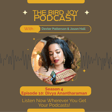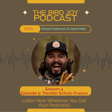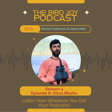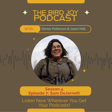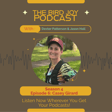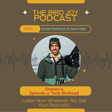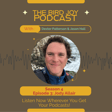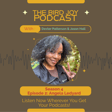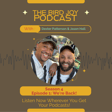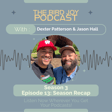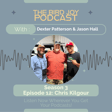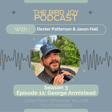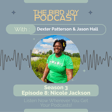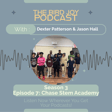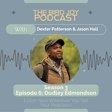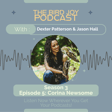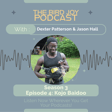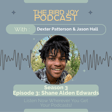
Birds, Merlin, and the Future of Conservation with Dr. Miyoko Chu
In this episode of the Bird Joy Podcast, hosts Dexter Patterson and Jason Hall sit down with Dr. Miyoko Chu, Senior Director of Communications at the Cornell Lab of Ornithology. Dr. Chu is a powerhouse at the intersection of science, storytelling, and technology, known for her pioneering work on the Merlin Bird ID app and her beautiful, bird-inspired books.
We explore her journey into ornithology, the global success of Merlin, and the exciting future of bird conservation—powered by data, digital tools, and deeper inclusion. From spark birds to AI innovations, this episode is packed with inspiration for birders of every level.
Links & Resources:
📖 Songbird Journeys | Birdscapes | America’s Favorite Birds
In Color Birding Club
BIPOC Birding Club
👍 Follow, subscribe, and share the Bird Joy Podcast
🐦 Spread the joy—tag us in your favorite birding moments
📬 Email us your bird questions and shoutouts
